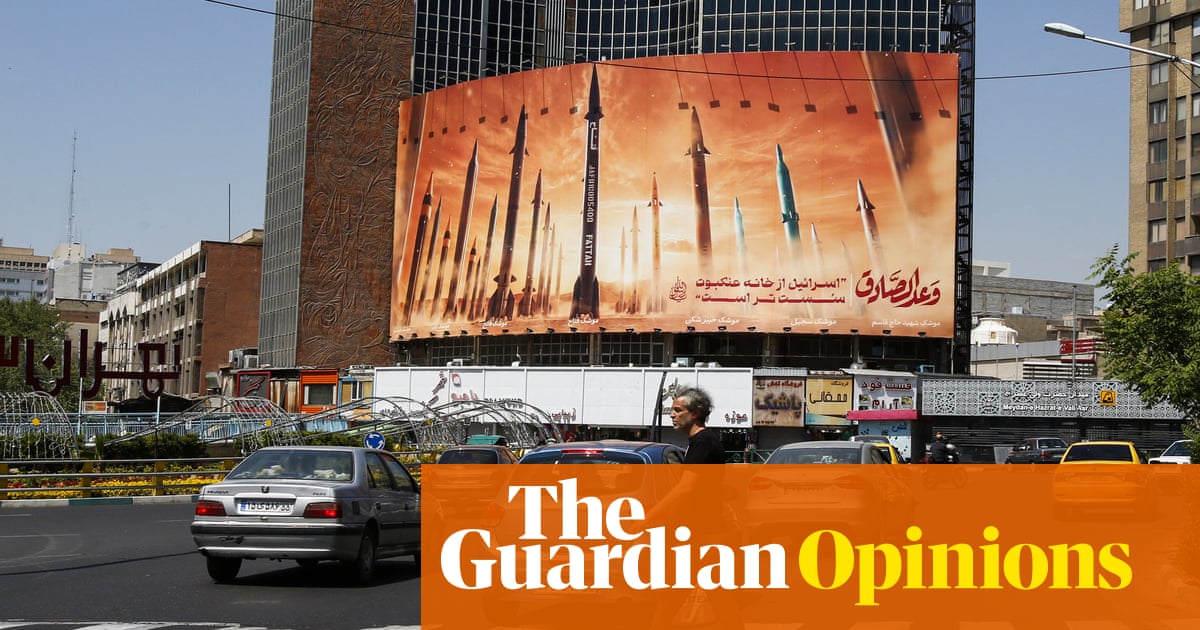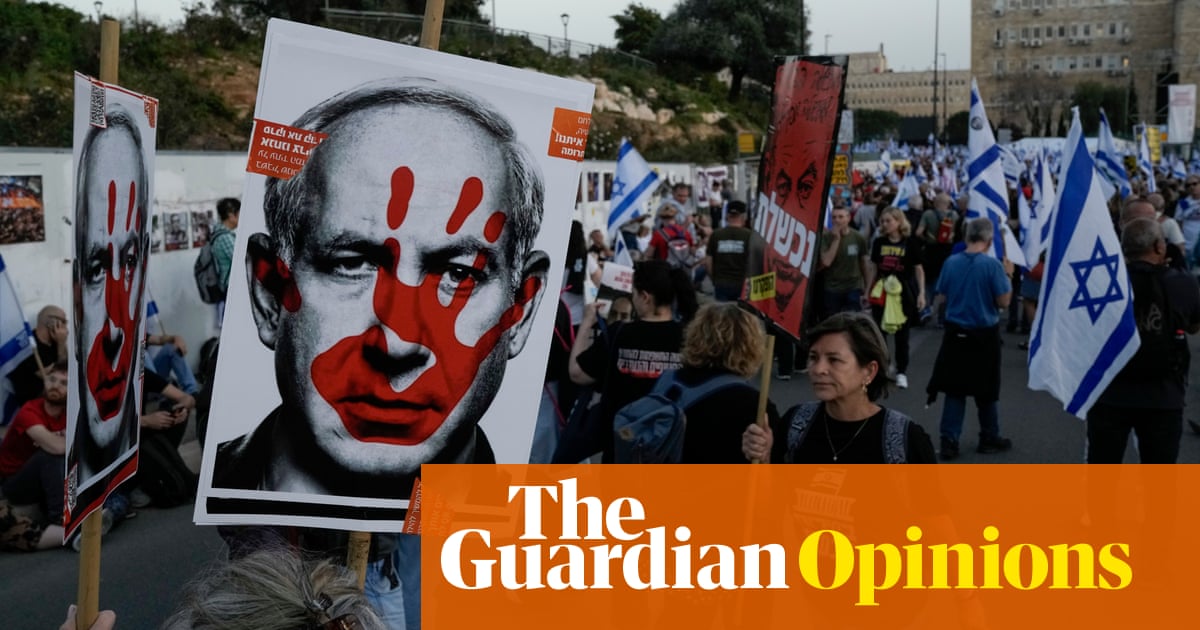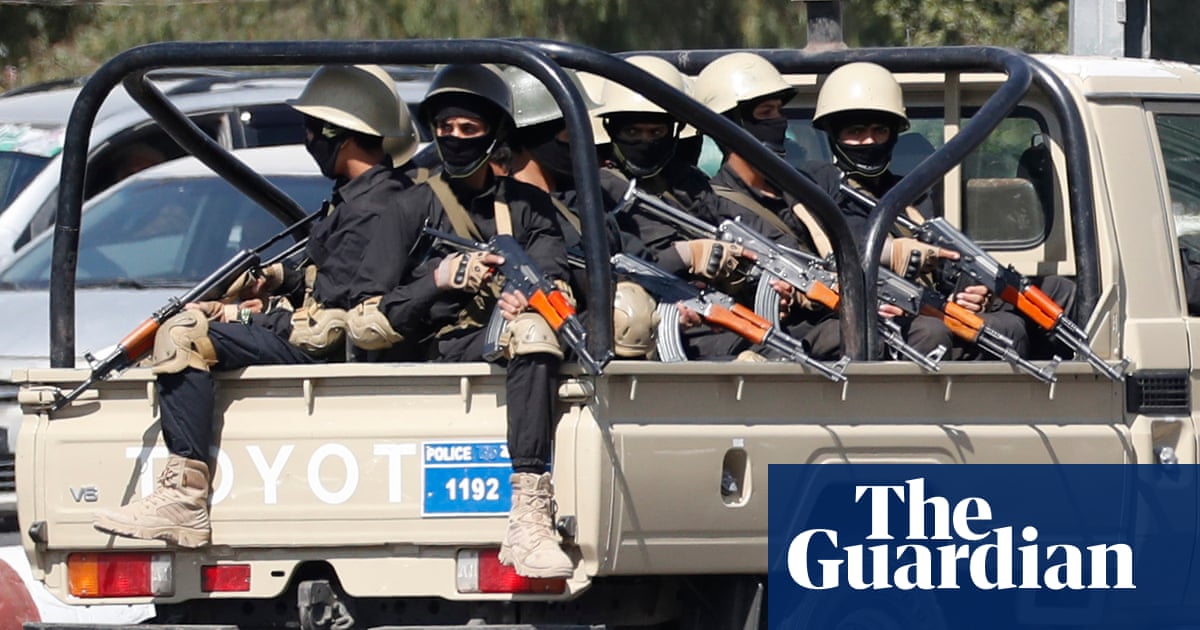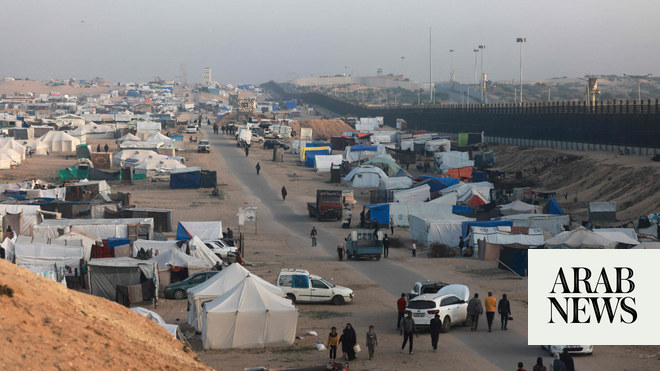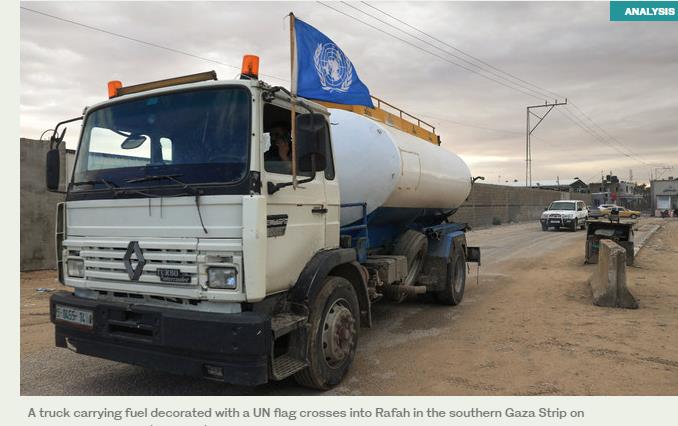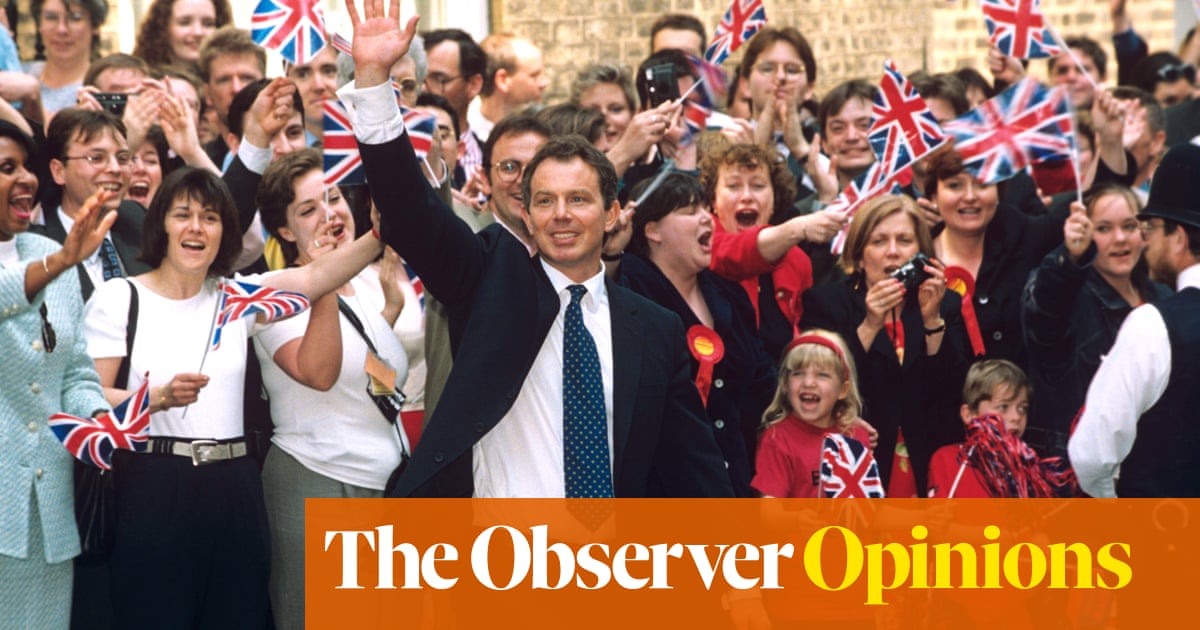
Is this a serious country or not? It is egregious enough that this general election campaign is so stripped of discussion about the defining issues facing us at home for the next half decade, whether that be public spending, the NHS or education. But it is especially shocking how quickly the butchery in Gaza – and the position of this imploding government and its successor – has been forgotten.
This week alone, Israel has threatened “all out war” with Lebanon, while Hezbollah’s leader threatens a war “without rules or ceilings”, dangling the prospect of a far graver bloodbath than that unleashed by Israel’s genocidal rampage in Gaza. The spokesperson of the Israel Defense Forces has admitted that Hamas cannot be destroyed militarily: this amounts to a confession that the central war goal used to justify the slaughter of tens of thousands is unattainable. And the UN has released a report offering evidence as to how Israel’s bombing campaign in Gaza may have systematically violated the laws of war on protecting civilians and civilian infrastructure.
Remember: this is an onslaught that Britain’s government and opposition squarely backed at the start. Back in October, our prime minister promised “unequivocal” support for Israel for all time, while his inevitable successor, Keir Starmer, backed Israel’s right to cut off energy and water, though he later claimed he had been misinterpreted, and had never supported this. Neither political party will commit to ending arms sales, even though the chief prosecutor of the international criminal court – himself a British lawyer – has requested arrest warrants for both the Israeli prime minister, Benjamin Netanyahu, and his defence minister, Yoav Gallant, for alleged war crimes and crimes against humanity. This itself points to what should be a major domestic political scandal. Both party leaders should be scrutinised for having backed what became one of the great atrocities of our age, despite the bloodcurdling promises made by Israeli leaders from the start.
But both political parties now advocate a ceasefire and independent Palestinian state, comes the obvious response. Yet such calls for peace only came after much of Gaza had been razed, and thousands of its civilians – many of them children – buried under rubble. Indeed, both parties only wait to digest the latest position of the US state department so they can walk in lockstep, underlining the lack of any independent UK foreign policy. And what does a call for a ceasefire mean when you remain committed to arming Israel? Meanwhile, both eschew the position of, say, Spain and Ireland – immediate recognition of Palestinian statehood.
Given that this is a question of life and death on a colossal scale, our politicians should be forced to answer. Yet when our foreign secretary, David Cameron, was interrogated last week on the BBC Today programme, the interviewer spent the slot questioning him about trust and housebuilding. On Thursday night’s BBC Question Time leaders’ special, there was not a single question or answer on Gaza.
Seriously? Clearly this is an issue that matters to many Britons. Since last October, hundreds of thousands have marched. A byelection in Rochdale was won largely over the topic of Gaza earlier this year. And in the local elections, Gaza had a demonstrable impact on the results. According to the polling, a sizeable majority of Britons believe Israel has committed war crimes and want Israel to immediately end its offensive. Most support an immediate end to arms sales, and a large majority want Israel to enter peace negotiations with Hamas.
So what is the justification for ignoring a mass slaughter in which Britain has direct complicity, both through our current support of Israel, and our imperial history in the region? It underlines a hideous truth that has defined this onslaught from day one: that Palestinian life is deemed to have little or no worth. And it is indicative of our deeply unserious political culture. Our politics is often reduced to a soap opera, a psychodrama in which substantive issues are disregarded. We haven’t even had a major debate about the multi-billion-pound black hole in the nation’s finances: so what hope is there for questions beyond our shores?
Here is an election focused on the latest Tory campaign meltdown – when it should be clear our governing party is toast – and discussing a battery of opinion polls all pointing to Labour landslides of various shapes and scales, without seriously engaging with what that government will do for the rest of this decade. Britain’s place in this world – and our country’s role in grave mass violence – should surely be up for serious discussion. And yet it isn’t. So we return to the question: is this a serious country or not?
Owen Jones is a Guardian columnist




